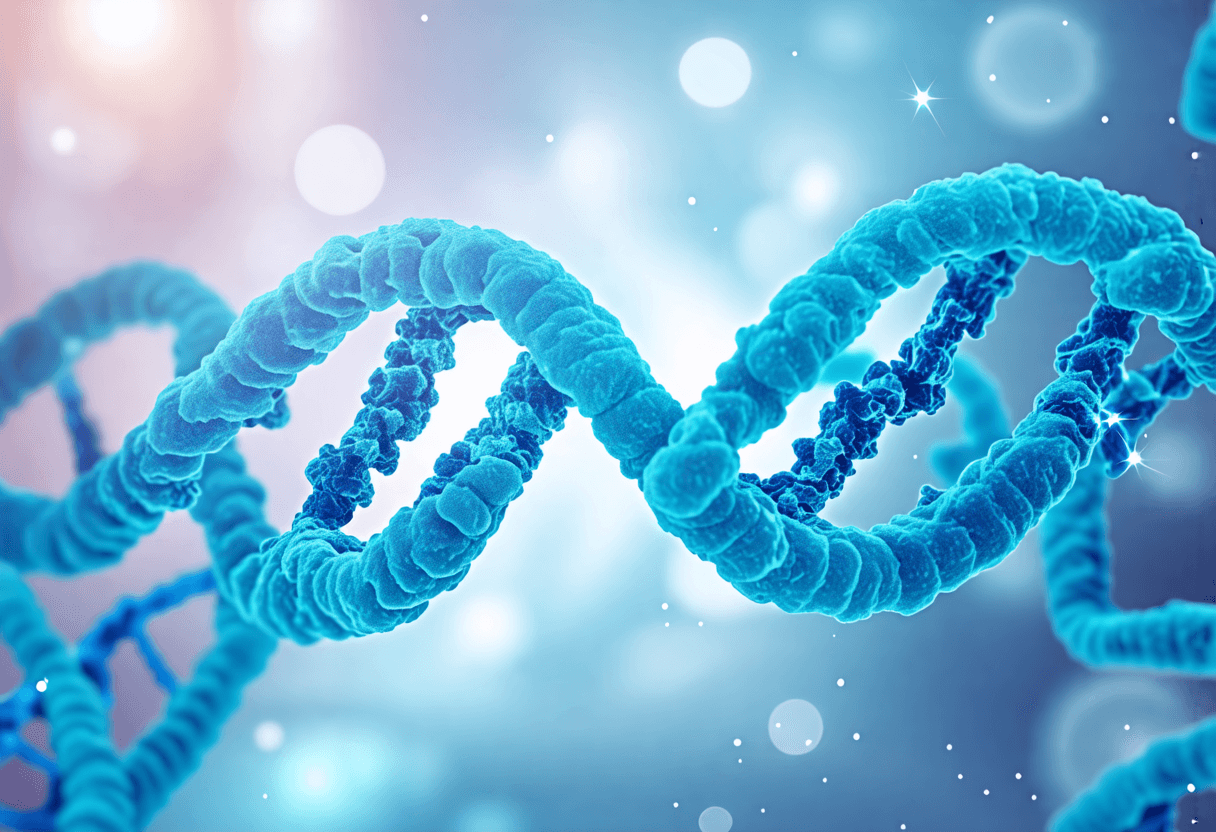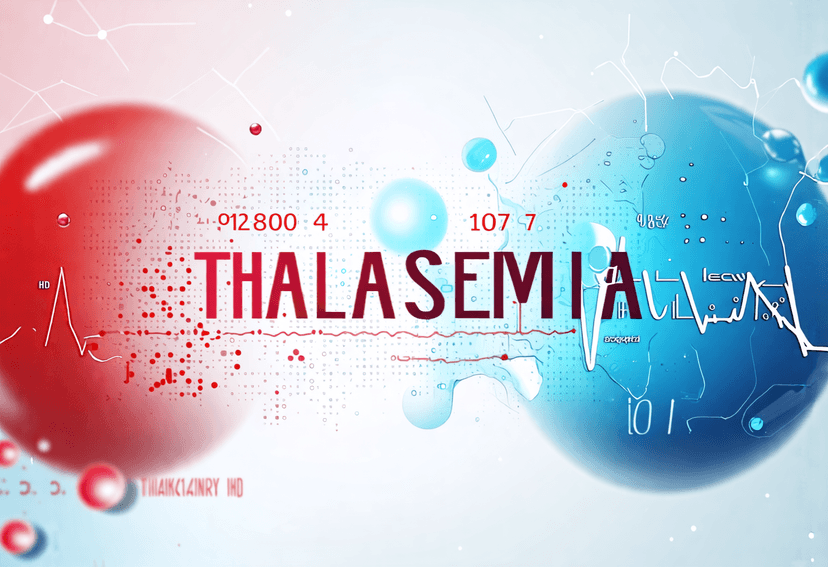
The Connection Between Colon Cancer and Genetics
22 Oct, 2024
 Healthtrip
HealthtripAs we navigate the complexities of modern medicine, it's becoming increasingly clear that our genetic makeup plays a significant role in determining our risk of developing certain diseases. One such condition that has garnered significant attention in recent years is colon cancer, a type of cancer that affects the large intestine. With advancements in genetic research, we're now better equipped to understand the intricate connection between colon cancer and genetics, and how this knowledge can be leveraged to improve diagnosis, treatment, and prevention strategies.
The Role of Genetics in Colon Cancer
Research has consistently shown that individuals with a family history of colon cancer are at a higher risk of developing the disease themselves. In fact, having a first-degree relative (parent, sibling, or child) with colon cancer increases one's risk by 2-3 times. This is because genetic mutations can be passed down from generation to generation, increasing the likelihood of colon cancer development. While genetic mutations are a significant risk factor, it's essential to note that they don't guarantee the development of colon cancer. Conversely, a lack of family history doesn't necessarily mean you're immune to the disease.
Most popular procedures in India
Inherited Syndromes and Colon Cancer
Certain inherited syndromes, such as Familial Adenomatous Polyposis (FAP) and Lynch syndrome, significantly increase an individual's risk of developing colon cancer. FAP, for instance, is characterized by the growth of numerous benign tumors in the colon, which can become cancerous if left untreated. Lynch syndrome, on the other hand, is associated with an increased risk of colon cancer, as well as other cancers, such as endometrial and ovarian cancer. Individuals with these syndromes often require more frequent screening and may benefit from genetic counseling to better understand their risk.
Wellness Treatments
Give yourself the time to relax
Lowest Prices Guaranteed!

Lowest Prices Guaranteed!
Genetic Testing and Colon Cancer Screening
Genetic testing has revolutionized the field of colon cancer screening, enabling healthcare professionals to identify individuals at high risk of developing the disease. Tests such as the MSI test and the MMR test can detect genetic mutations associated with colon cancer, allowing for early intervention and prevention strategies. Additionally, genetic testing can help identify individuals with inherited syndromes, enabling them to take proactive steps to manage their risk. While genetic testing is not yet a standard component of colon cancer screening, it's becoming increasingly important in the early detection and prevention of the disease.
The Importance of Early Detection
Early detection is critical in the fight against colon cancer. When caught in its early stages, colon cancer is often treatable, and the five-year survival rate is significantly higher. However, if the disease is allowed to progress, the prognosis is often grim. This is why it's essential for individuals, particularly those with a family history of colon cancer, to undergo regular screening. Genetic testing can play a vital role in this process, helping to identify individuals at high risk and enabling early intervention.
The Future of Colon Cancer Prevention and Treatment
As our understanding of the connection between colon cancer and genetics continues to evolve, we're poised to make significant strides in the prevention and treatment of the disease. Personalized medicine, which involves tailoring treatment strategies to an individual's unique genetic profile, is becoming increasingly important in the fight against colon cancer. Additionally, genetic research is helping to identify new targets for cancer therapy, enabling the development of more effective treatments. While there's still much to be learned, one thing is clear – the connection between colon cancer and genetics holds the key to a future where the disease is no longer a major public health concern.
Related Blogs

Understanding Thalassemia
A comprehensive guide to Thalassemia, its causes, symptoms, and treatment

The Benefits of Colon Cancer Survivorship Programs
Discover the benefits of colon cancer survivorship programs for patients

Colon Cancer and Obesity
Learn about the connection between obesity and increased colon cancer

The Importance of Follow-Up Care in Colon Cancer
Understand the importance of regular follow-up care after colon cancer

Colon Cancer and Smoking
Discover the link between smoking and increased colon cancer risk

The Role of Colonoscopy in Colon Cancer Diagnosis
Learn about the importance of colonoscopy in detecting colon cancer










